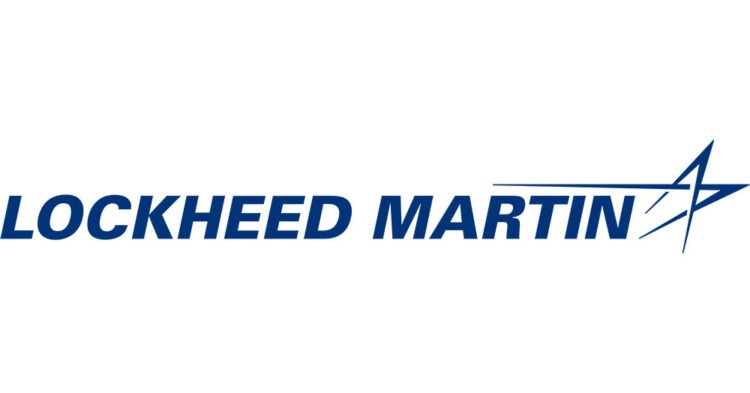Definitions of Whistle-Blowing Whistle-blowing has been defined as the act of a man or woman who, believing that the public interest overrides the interest of the organization he serves publicly ‘blows the whistle’ if the organization is involved in corrupt, illegal, fraudulent or harmful activity. It has also been defined as the disclosure by organizational members (former or current) of illegal, immoral or illegitimate practices under the control of their employers, to persons or organizations that may be able to affect the action. Many other definitions of whistle-blowing exist, though they run into problems of inclusion and exclusion and create problems for the researcher attempting to operationally the concept as a form of organizational communication. The following definition comes close to providing sufficient clarity: Whistle-blowing occurs when an individual performs an action or series of actions intended to make the information public. The information is made a matter of public Continue reading
Business Ethics
Case Study: The Whistleblowing Case of Sherron Watkins in Enron
Whistleblowing Case of Sherron Watkins in Enron Whistleblowing is more about an individual’s moral judgment than it is about clear requirements that obligate individuals to reveal tricky organizational transactions that pose great risks to the public. There are two types of whistleblowing, namely internal and external. In many cases, only external whistleblowing is recognized because reporting that exists within an organization comprises the normal feedback channels that solve internal problems. Moreover, many feedback channels work within the organization and internal issues are not taken outside. In the Enron scandal of 2001, the main whistleblower Sherron Watkins informed the company’s top management that Enron was at risk of collapse because of the innumerable financial inconsistencies she had discovered in the firm’s financial statements. Watkins wrote an anonymous letter to the company’s founder, Kenneth Lay after discovering that Enron was engaging in unethical accounting practices. Prior to the eruption of the scandal, Continue reading
Social Innovation – Definition, Characteristics and Types
Social innovation is the new concepts, strategies and ideas that must meet the social needs of various elements that must be formed education, working condition and community development. Social innovation strengthens and extends civil society and it includes the social process of innovation. Social innovation is the complex methods of introducing the new products or services that can change basic resources, routines and authority of flows in which innovation can occur. Social innovation tries to provide a novel solution that must be effective, sustainable and efficient and this value would provide cure to the society rather than the single individual. Social innovation is the process of creating a new idea that can create a positive impact on the society. The concept of social innovation has emerged from the growing dissatisfaction from the technological emphasis in the innovation of economic area. Technological innovation focuses on main profit of the organization, whereas Continue reading
Case Study: Lockheed Corporation’s Unethical Practices
Company Description and Background Before turning into a huge corporation with global reach, Lockheed Martin went through multiple stages of development, most of which faced periods of failure and fallback. Lockheed Martin has nearly a century long history and is one of the world’s leading manufacturers and sellers of weapon, aircraft, surveillance devices, and detection systems. Its story began during the World War I when the Loughead brothers first began to build airplanes and sell them to hobbyists. They operated within an emerging niche of the military weaponry market, but their airplanes were not created in time to become involved in the war. Over the decades, the company perfected its models to eventually build the Lockheed Vega, one of the first legendary airplanes of the time and the leading machine in the market. Before the start of the Second World War, the company has experienced several ups and downs; however Continue reading
Case Study on Ethics: British Petroleum Deepwater Horizon Oil Spill
Business ethics is an important aspect in the attainment of organizational success. Businesses follow certain rules that govern their activities and processes in order to avoid involvement in unethical business practices. However, despite the existence of business regulations and legislation, businesses still engage in unethical practices due to factors such as negligence and financial greed. In 2010, BP Oil Company was involved in an ethical incident dilemma that led to huge fines that affected the company’s bottom line. The BP oil spill refers to an oil spill that occurred in the Gulf of Mexico. It was so severe that it was described as the worst oil spill in the history of the United States’ oil industry. It occurred after a Deepwater Horizon oil rig exploded, sank, and spilled oil for more than two and half months. The accident caused severe environmental damages and led to the demise of 11 people. According Continue reading
Case Study: Lehman Brothers Fraud and Bankruptcy
The functioning of any company that operates on the international level and has huge incomes is always related to various risks. There is a great possibility of financial collapse and bankruptcy as the conditions of the modern market could be considered complicated. It is obvious, that the failure of a great international corporation could not but impact wide sections of the population and numerous companies whose functioning depends on its success. However, a case is more complex when there is a possibility of a fraud that might pursue various aims. Under these conditions, depositors and other actors who depend on the revenues of a company that is going to cheat or use some inappropriate strategies that could help owners of a company to obtain huge and undocumented incomes might suffer. That is why it is crucial to analyze a case of this sort to understand the main model according to Continue reading




